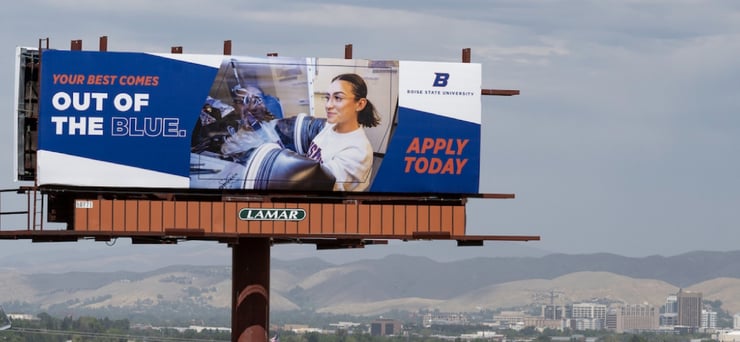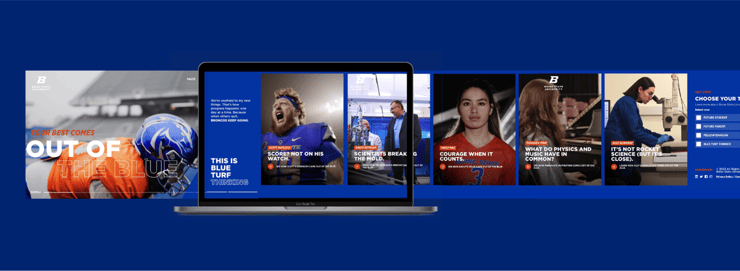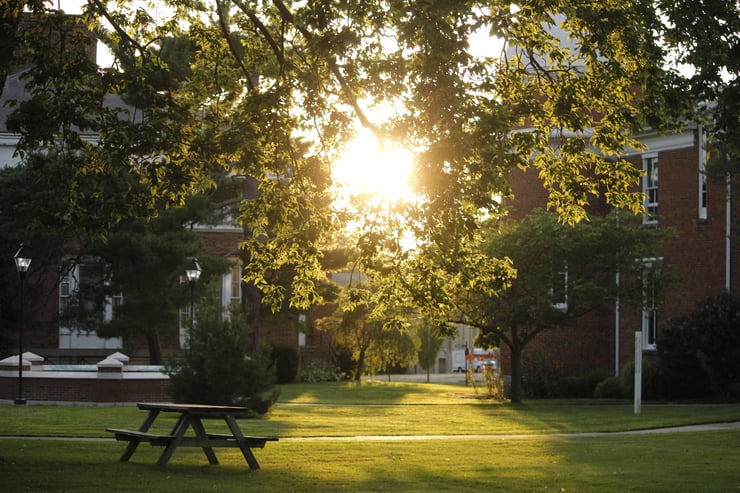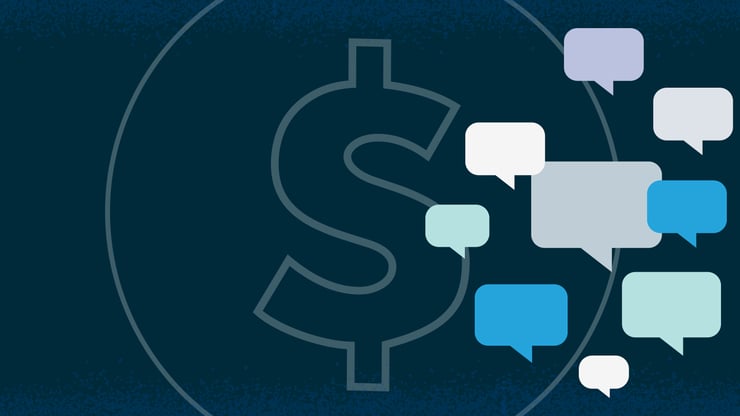Last week, there was a piece in Inside Higher Ed (“College Choice: It’s Anybody’s Guess”) contending that high school students’ college decisions are mostly “irrational” and “spur of the moment,” and therefore unmeasurable. Having studied the attitudes and behaviors of college-bound high school students for 25 years, I tend to agree that their decisions can be irrational. But I don’t think they are spur of the moment, and I know they can be measured in a way that can lead to more effective marketing and branding.
A colleague of mine is a classic example. She grew up in a blue-collar household in a working-class Franco-American mill city in Maine. She went to Catholic schools through eighth grade because that’s what blue-collar, Catholic families did. Since the only high school in town was the public high school, that’s where she ended up. She was an honors student in classes mainly with upper-income students from the junior high “gifted and talented” program who made it clear that they didn’t think she belonged there. So when it came time to look at colleges, she didn’t even consider elite private colleges—or any private colleges for that matter—because she didn’t think she would feel welcome there, either. And no one ever tried to convince her otherwise. Irrational? Probably. Spur of the moment? No. Every twist and turn and experience in her life up to the moment she signed her acceptance letter influenced her final decision to attend a regional public university.
Last week’s IHE article concluded that the “factors at the forefront of the mind of the college-choosing teenager will continue to remain impenetrable to even the most sophisticated empirical analyses.” I wholeheartedly disagree that research is useless. Marketing research is, in fact, the only way to bring some clarity to the process. Complete clarity? Of course not. But market research is essential to the development of an effective marketing and branding program precisely because the college choice process is so difficult to measure.
Comfort and fit are certainly tough to quantify. But higher ed marketers and branders have to seek to understand it. Think about the many consumer behaviors we exhibit on a daily basis that seem irrational—do I buy Crest because it makes my teeth cleaner than Colgate? No, I buy it because that’s what my mom bought. My 46-year-old self recently purchased a pair of Vans, for goodness’ sake. (I'm sure the skater kid working there was laughing…on the inside, thank goodness.) But you certainly don’t believe that Procter & Gamble and Vans are sitting back saying, “Those choices are so irrational, we’re not even going to bother to do any market research.” It’s quite the opposite.
Good marketing and branding is, at its essence, good rhetoric—communication that finds the common ground between what you want to say about your institution and what your audience wants to know about it. Research helps us understand prospects’ desires and needs—including what appeals to them emotionally—so that we can find points of common ground and communicate with them effectively.
What I know to be true: We are drawn to products, causes, candidates, and experiences that match our own personal brand—brands that align with what we believe and the way we think about ourselves. Brands have personalities. (Well, the good ones do.) And when a brand’s personality matches my view of myself and who I want to be, it has a better chance of reaching me. In my colleague’s case, a mill-city girl at heart felt most at home at a state institution that proudly serves its nearby working-class communities. So, yes, consumer behavior is often irrational. College choice is certainly irrational. Research can't make a science out of that irrationality. But our marketing and branding efforts, if driven by research and great brand thinking, will be better and more effective than if we just wing it.











